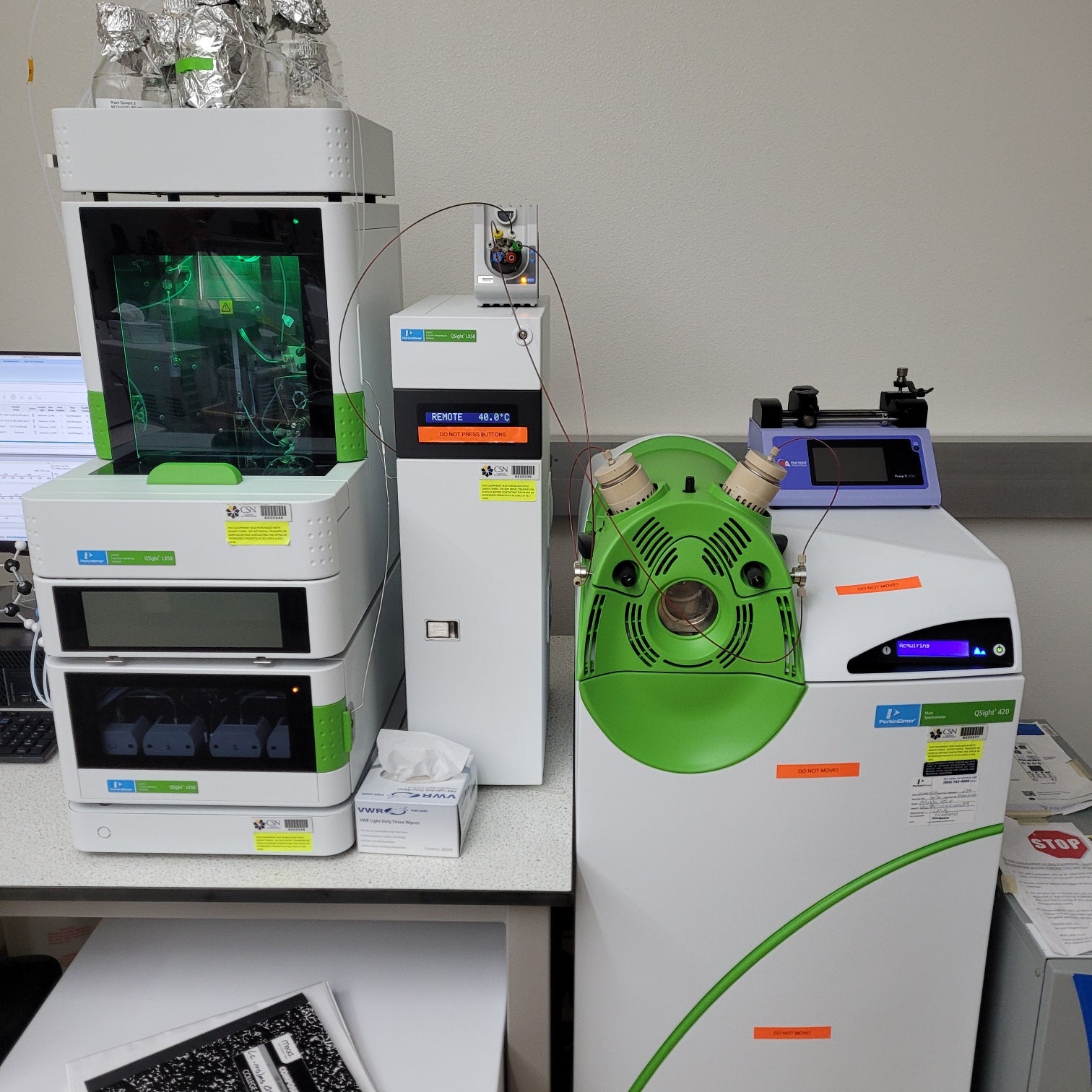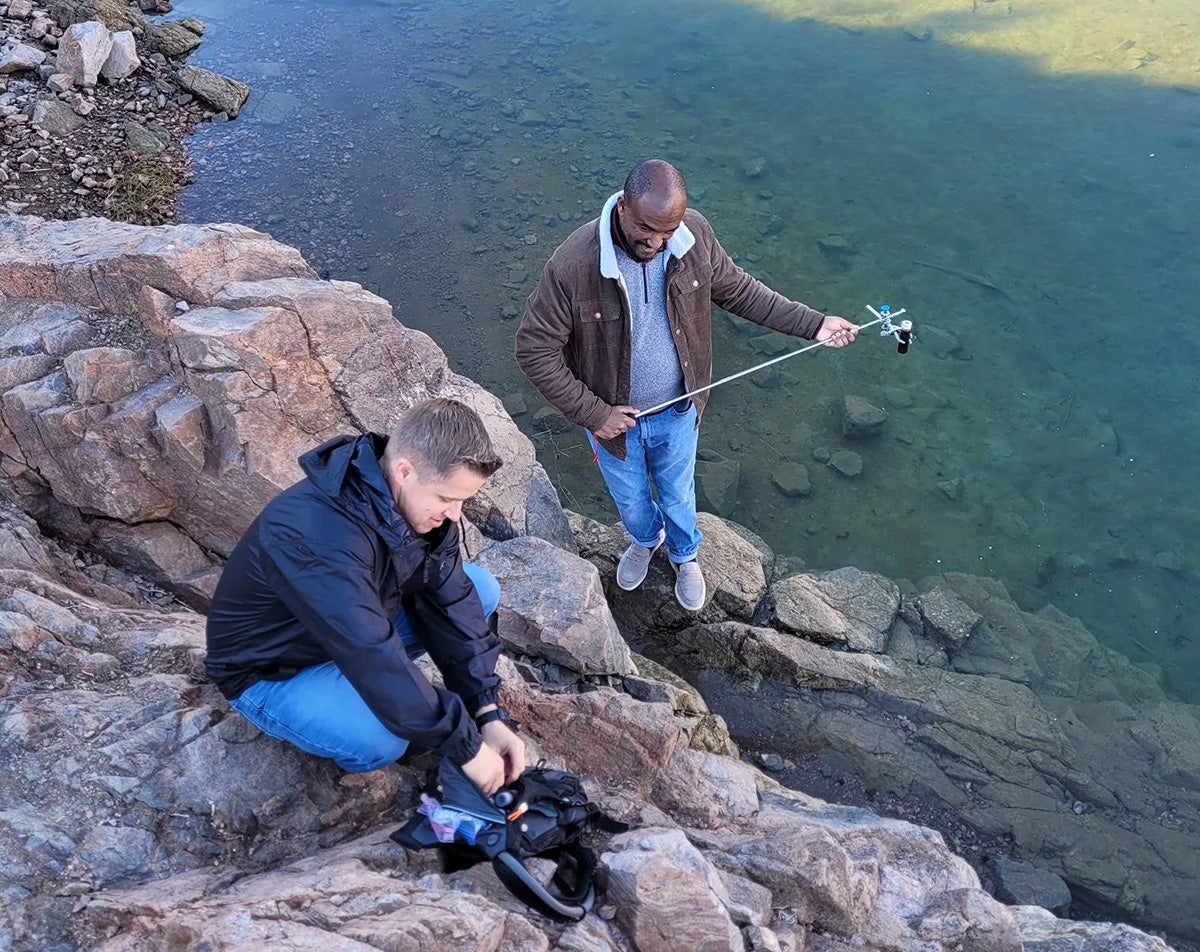The philosophy of the Environmental Laboratory Sciences program centers on the need for environmental chemistry professionals with a strong cross-disciplinary understanding of the (1) processes governing chemical transformation in soil, water and air; (2) analyze for the key chemicals in the environment; (3) make meaningful predictions about the fates of these chemicals; (4) high value instrumentation; and (5) knowledge of regulatory programs such as the CWA, SDWA, RCRA, and more.
Why Study Environmental Laboratory Sciences at CSN?
This emphasis draws on subjects outside of a classical chemistry degree to include courses in atmospheric science, soil microbiology, environmental toxicology and mineralogy.
Graduates will be able to successfully pursue their career objectives in advanced education in graduate programs in areas such as atmospheric chemistry, geochemistry, toxicology and environmental chemistry and in a range of scientific careers including regulatory agencies, environmental consulting firms and industries concerned with the environmental impact and fate of their products.
The bachelor’s degree in Environmental Laboratory Sciences program is an excellent choice for students who plan to go on for professional training in the fields of laboratory technician/manager, law, public policy, safety, industrial hygiene or business where they can apply their chemistry knowledge in new ways. According to the American Chemical Society (ACS), jobs in the environmental laboratory sciences can be involved in analytical testing or new product development in the lab, or work with users of chemicals in the field, and oversee safety and regulatory issues in an office.
Key Features
- Practical fieldwork experience during the program;
- Transferable skills in experimental design, data analysis, and environmental oversight;
- Hands-on-learning of instrumentation such as ICP-MS, LCMSMS, IC, CVAA, wet chemistry techniques, and much more with the latest industry operated instruments;
- Courses taught in compliance with industry standards to provide a seamless transfer of skills upon graduation; and
- Required fieldwork during the program designed to get students connected with Industry Leaders.
What will I study and how is this program structured?
You will study the theoretical, practical, and legal framework that supports environmental laboratory sciences, including drivers for sustainable behavior at the individual, institutional, and governmental scales. You will also acquire the skills needed to innovate and respond to new and emerging challenges while learning to work effectively in challenging and unfamiliar conditions.
For more information, please contact
Hermela Tsige
Administrative Assistant II
hermela.tsige@csn.edu
Office: 702-651-3131


